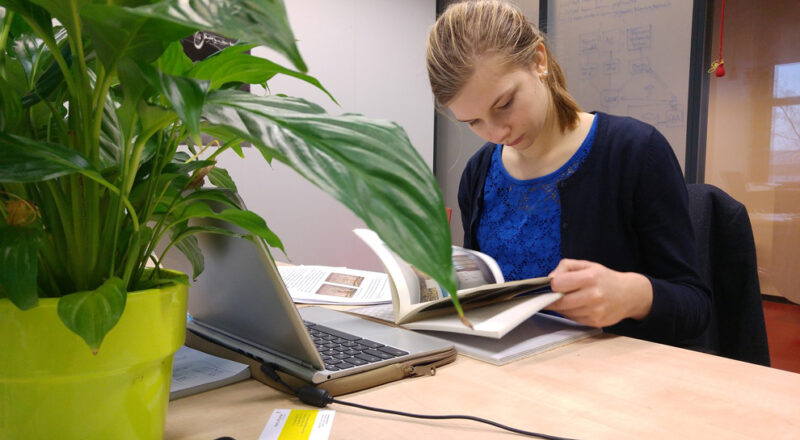Student years for many are the happiest due to the combination of youth, novelty and impressions. It was during this period that the first difficulties, first love and the first disappointments of adulthood occur. For several years now, life has been in full swing, and exams, lectures and tests have been replaced by group trips to the cinema, to a bar and parties with friends.
The only thing that students don’t have time to think about their health. It seems to them that pills and ulcers are for the elderly, that many receive diplomas along with their illnesses. We want to offer students help in the form of advice on how to stay healthy while studying at home.
Take care of your health from a young age!
We are used to hearing that we are building our own future. And here we are talking not only about career and education, but also about health. In the early years of life, our physical and mental health depends largely on our parents. They are the ones who lay the foundations. So everything depends on ourselves. What will it be like to live on the upper floors if the middle ones are built from low-quality materials? I think such a “building” will not last long.
How annoying to hear from parents that smoking is harmful, and it is better to bring lunch from home, as well as daily reminders to protect the head and lower back from the cold. And you imagine this picture: everyone is fashionable and cool (smoking), and you are standing to the side only in a warm, shapeless jacket, with a lunchbox in hand. And you want to be a party member and impress your fellow students.
At forty, those who were so cool and fashionable in their student years will go aside with sick kidneys, lungs, stomach and heart. To be strong, athletic and healthy at fifty or sixty years old is really fashionable and prestigious! And it all starts with the students.
Healthy Entrant, Sick Graduate
Health depends a lot on lifestyle and the World Health Organization (WHO) talks about it. With admission to the institute, the rhythm of life changes, even if you study at home, and not always for the better.
The following things are typical for students:
- Irregular and inadequate nutrition.
- Little physical activity
- Mental stress
Here is a list of the main enemies of the health of schoolchildren, with whom it is impossible to defeat, but you can reduce their effect on the body. Let’s consider each separately.
Schoolchildren’s meals
Students often have gastritis. Almost everyone experiences abdominal pain after graduation. This is just a minor digestive problem that can develop from poor nutrition. Sometimes gallstones, pancreatitis, or stomach ulcers occur. Also, it is not always possible to wash your hands before eating, and a serious infection can get into the intestines.
Approximate student diet:
In the morning, the students eat a lot so as not to get hungry quickly (if there is time).
At lunch, students either eat dry food or do not eat anything.
After school, they eat a lot again, most recently at 21:00.
This is the most promising look. Girls often put on makeup in the morning, while men sleep, and by lunchtime, study problems are solved. Students have time to eat once a day (in the evening). Even the strongest stomach will not stand such a schedule.
Eat more often. After all, hydrochloric acid without food begins to digest the gastric mucosa. Don’t forget about lunch: food is fuel not only for the body, but also for the brain. Ideally, there should be no more than four hours between meals. Another very important rule: never skip breakfast!
An important point is the quality of the food. Choose foods that contain the right ratio of protein, fat and carbohydrates.
If the day is on an empty stomach, use some good homemade food. Oatmeal will become a real treat for the stomach.
Don’t forget about hygienethe. Today, soap and water can be replaced with hand sanitizer.
Lack of physical activity
Students sit for most of the day. Zoom lectures and homework preparation run smoothly. As a result, students face the following problems:
- Violation of blood circulation in the limbs.
- Lack of oxygen in important organs, including the brain.
- Rachyokampis
- But you can help yourself:
- Try to take even short breaks between conferences.

